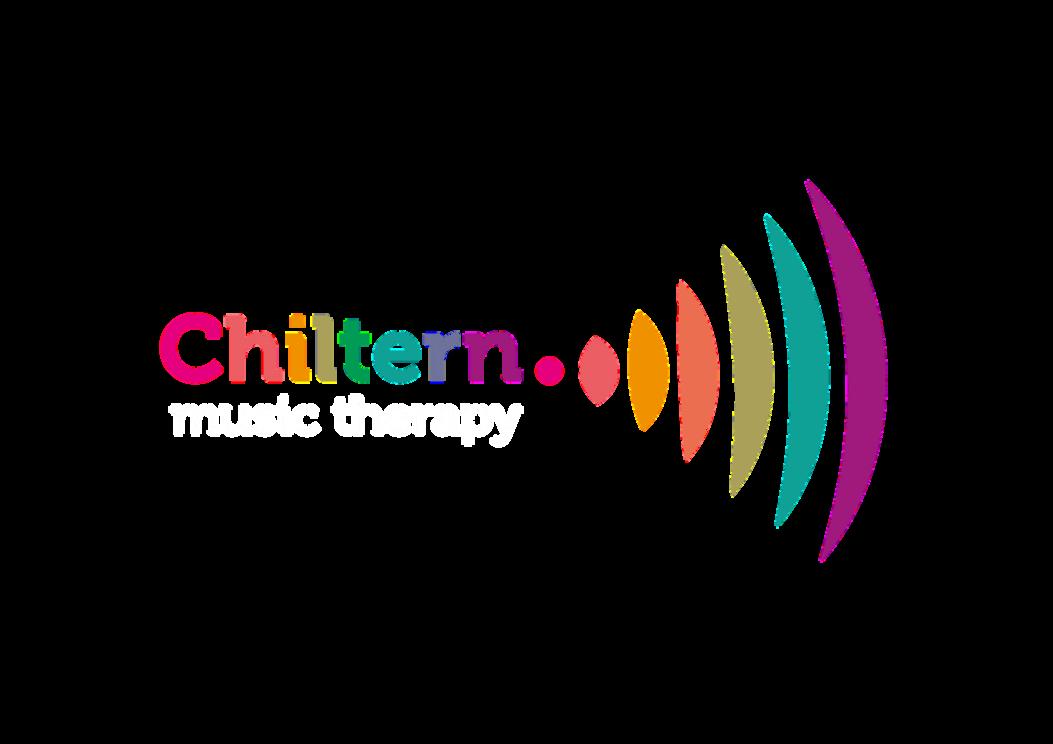






The world continues to experience a climate and health emergency, with climate change described in The Lancet as “the greatest threat to global health of the 21st century.”
At Chiltern Music Therapy, we have made a commitment to reducing our impact on the environment and to act in an environmentally sustainable manner (Environmental Policy and Action Plan, September 2021).
This report outlines the results of our second full year of carbon emissions data (April 2023 – March 2024), which will be compared to the baseline figures published this time last year
N.B. Last year’s total amount has been updated from 38.98 to 39.14 tCO2e due to an error in the unit of public transport data.

32.29
As seen above, our carbon footprint has reduced from 39 14 to 32 29 tCO2e between 2022/23 and 2023/24, a decrease of 17.5%. This change has mainly come from a reduction in staff petrol car emissions, no flights being used, and no longer having a permanent office.
Although we no longer rent a permanent office space, we do use ad-hoc spaces for necessary in-person meetings throughout the year. Unfortunately we currently have no way of collecting energy use data from this source, although it would be fairly negligible with the amount that we use these spaces. Similarly we still have no means to capture home working hours, so cannot include emissions related to this This is something we hope to include in subsequent reports

Our main area of impact continues to be staff travel, with staff-owned vehicle emissions amounting to 98.6% of our total carbon footprint, and a further 1 2% coming from the use of public transport
However, comparing 2023/24 figures to the previous year, overall staff travel related emissions have dropped from 38 39 to 32 23 tCO2e, a reduction of 16%. This is due to staff travel reducing by nearly 11,000 miles, which has contributed to a reduction in average mileage per session of 5%.
Number of sessions
Average mileage driven per session
These changes will be at least in part down to the staff driving reduction strategy that was outlined in last year’s report The drop in emissions is also thanks to petrol car miles dropping and the emerging use of electric and hybrid vehicles

The following actions have also been implemented over the past 12 months:
We chose to give up our small office space in Chesham and began to use ad-hoc spaces for necessary in-person meetings Office related emissions from last year only contributed 1.2% of our carbon footprint, so this has been a relatively small but still significant change.
We changed the way we reimburse our staff for using public transport, making it more cost effective for them to do so
We have introduced a new ‘sustainability clause’ in our service agreements which encourages our clients and settings to be more environmentally responsible, and to offer support and guidance if they would like to make positive change
We have increased the visibility of our online session offer by highlighting this option in new contracts. Our service users and Chiltern Insights Group continue to prefer face-to-face sessions however, and we are committed to providing this service if that is the case
All new staff now watch a short video outlining our Environment & Sustainability policies and ethos as part of their induction.
Although not directly related to Chiltern Music Therapy’s carbon footprint, we have begun to share our reports, policies and learnings with other music therapy organisations, in order to help them begin to minimise their environmental impact.

Over the next year we intend to further reduce our impact on the environment in the following ways:
Setting a target of reducing staff’s average mileage per session by 5%
Providing sets of second hand instruments at settings if it enables staff to use public transport or walk/cycle instead of driving
We have a large-scale project planned to review our online offer, which is hoped will increase the number of people we can see without increasing our travel emissions.
We continue to aim to change our bank to a more ethical financial institution, although this process is taking longer than first anticipated.
Unfortunately the Electric Vehicle Salary Sacrifice scheme is not financially viable at the moment. We will revisit this at a later stage

Just as during 2022/23, almost all of our environmental impact at Chiltern Music Therapy is directly related to the staff travel that is a necessity of our operation. In fact, 98.6% of our carbon footprint is created by staff owned vehicles, which we have no control over as an organisation.
Having consulted with the Chiltern Insights Group, our Board and staff, we have committed to placing the needs of our clients front and centre, and have no intention to cut back on our in-person sessions. Instead we will continue to work to reduce car mileage through the reduction schemes previously noted, and accept a certain level of carbon emissions as a necessity.
Author:
Jim Davey-Hewins, Environmental & Sustainability Lead

Jim joined Chiltern in January 2018, shortly after he qualified as a Music Therapist and became a dad! Jim mostly works with school children and adults with learning disabilities at the moment, but has experience with clients with a range of diagnoses from nursery age all the way through to elderly care homes. He has a particular interest in working with people with psychosis, both in hospital and in the community. Jim is passionate about sustainability and created the Environmental & Sustainability Lead role at Chiltern at the beginning of 2021 He also works as a library music composer, with his music being used on Masterchef, Neighbours, Blue Peter, and many other programmes across the world
